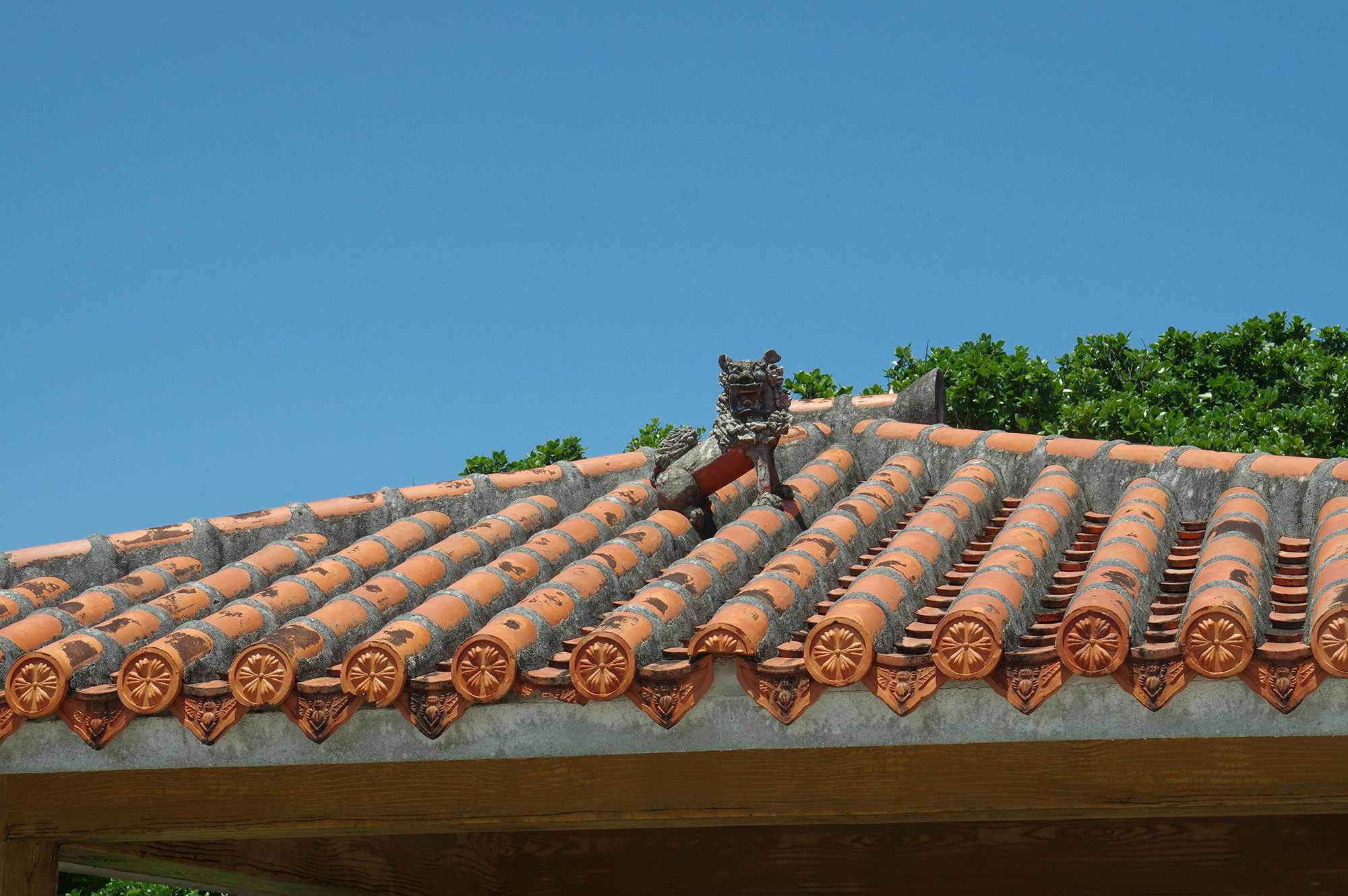- Features and Highlights
- History
- Best Time to Visit
- Access Information and Recommended Visiting Hours
- Surrounding Information
- Images
- FAQ (Clothing, Rules)
- References
Features and Highlights
Minase Shrine is known for its stunning architecture, tranquil atmosphere, and beautiful natural surroundings. Visitors can take in the sight of the main shrine building, which showcases traditional Japanese style, framed by lush greenery and seasonal flowers. The shrine is also reputed to grant wishes related to love, making it a popular destination for couples.
History
Established over 1,300 years ago, Minase Shrine has a rich history that is intertwined with Japanese mythology. It is dedicated to the deity of water and is believed to be a patron of those seeking prosperity and blessings. The shrine has undergone various renovations and restorations over the centuries, preserving its cultural significance in the region.
Best Time to Visit
The best time to visit Minase Shrine is during the spring when cherry blossoms bloom and in autumn when the leaves change color. Festivals held at the shrine, particularly the annual spring festival, also attract many visitors and provide a glimpse into traditional Japanese culture.
Access Information and Recommended Visiting Hours
Minase Shrine is easily accessible by public transportation. Visitors can take the train to Minase Station and walk approximately 15 minutes to reach the shrine. Recommended visiting hours are from 9 AM to 5 PM, but the shrine can be enjoyed at any time of day, especially during tranquil early mornings or serene evenings.
Surrounding Information
The area surrounding Minase Shrine offers other attractions such as parks, walking trails, and local shops selling traditional Japanese crafts and delicacies. Nearby restaurants offer a variety of local cuisines, making it a great place to explore after visiting the shrine.
Images
Here are some images showcasing the beauty of Minase Shrine:
FAQ (Clothing, Rules)
Visitors are encouraged to dress respectfully while visiting the shrine. Traditional attire is welcomed, but casual clothing is acceptable as well. It is important to follow the shrine’s rules, such as refraining from loud noise and observing the rituals respectfully.
References
For more information, you may refer to:
1. Minasejingu Official Website
2. Ena – Minasejingu Information
3. Osaka Cultural Heritage Navigation
5. Omairi – Minasejingu
Recommended spots within a 10km radius
- Discover Komyoji Temple: A Historical Gem in Nagaokakyo, Kyoto
- Discover the Enchanting JoNangu Shrine in Kyoto: A Historical Treasure
- Discover Iwashimizu Hachimangu Shrine: A Spiritual Gem in Yawata City, Kyoto
- Discover Yoshimine-dera Temple: A Hidden Gem in Kyoto, Japan
- Discover Nagao Tenmangu Shrine: A Cultural Treasure in Nagaokakyo, Kyoto



